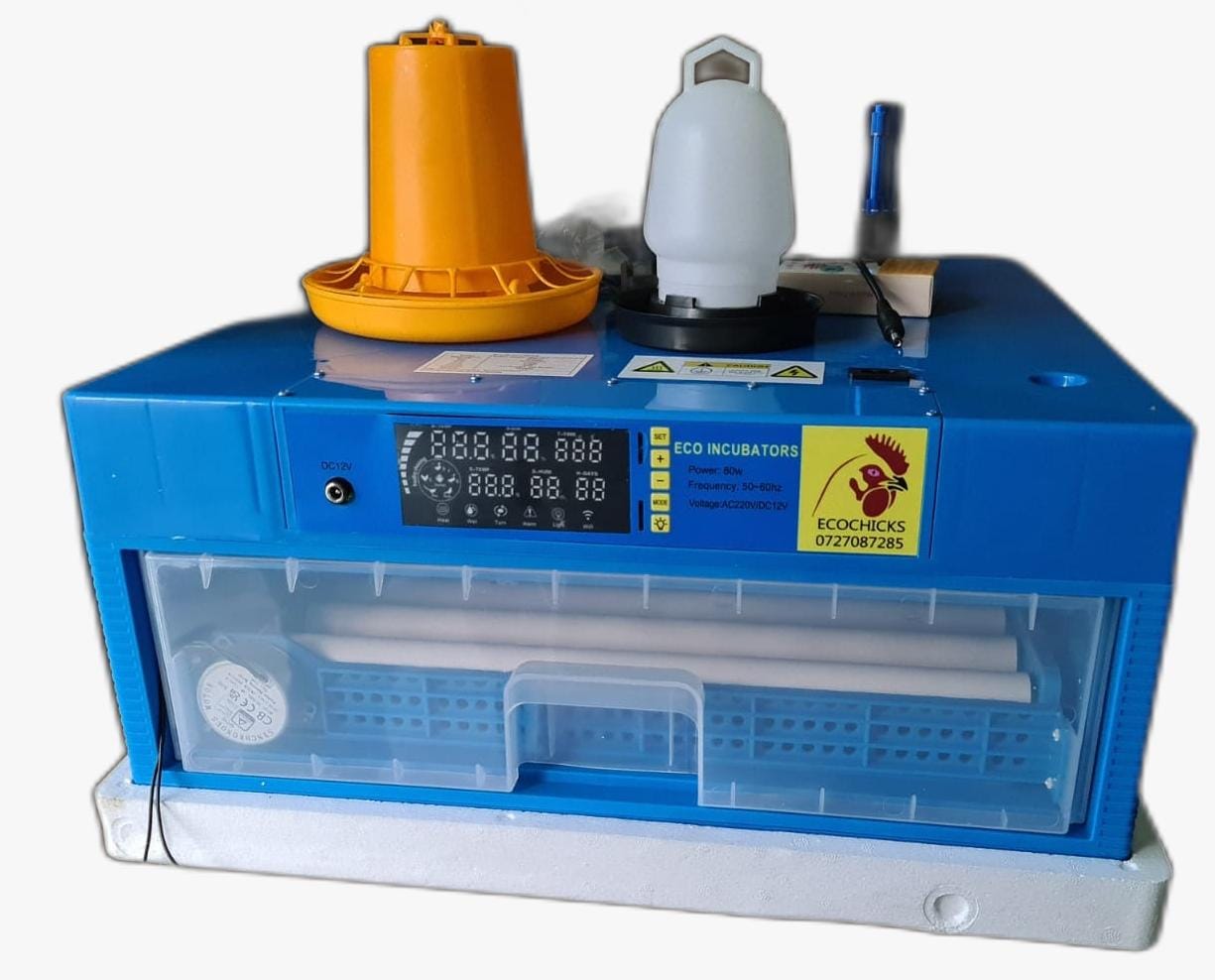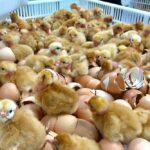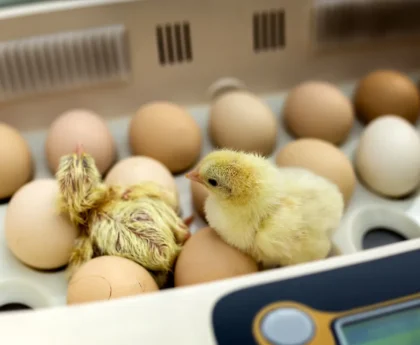When it comes to incubating eggs, selecting the right ones is crucial to ensure a successful hatch. Choosing fertile eggs can be a daunting task, but with the right knowledge, anyone can do it. In this article, we will discuss how to choose fertile eggs for incubation and factors to consider when selecting eggs for hatching.
How to Choose Fertile Eggs for Incubation
The first step in choosing fertile eggs is to make sure that the eggs come from healthy breeding stock. The health of the parent birds is a key factor in determining the quality of the eggs. Look for birds that are active, alert, and have a healthy appearance.
Next, it’s important to choose eggs that are clean and free from cracks or deformities. Dirty eggs can harbor bacteria, which can harm the developing embryo. Cracked or deformed eggs may not develop properly or may not hatch at all.
When selecting fertile eggs, it’s also important to consider their age. Fresh eggs are more likely to hatch successfully than older eggs. Eggs should be no more than seven days old when they are placed in the incubator.
Factors to Consider When Selecting Eggs for Hatching
In addition to the health and quality of the eggs, there are several other factors to consider when selecting eggs for hatching. One of the most important factors is the breed of the birds. Different breeds have different incubation requirements, so it’s important to choose eggs from a breed that is well-suited for your incubator.
Another factor to consider is the size of the eggs. Larger eggs may have a higher success rate when it comes to hatching, but they may also require more space in the incubator. Smaller eggs may have a lower success rate but can be easier to incubate.
Finally, it’s important to consider the conditions in which the eggs were stored before incubation. Eggs that have been exposed to high temperatures or humidity may not develop properly. Eggs should be stored in a cool, dry place until they are ready to be incubated.
Choosing fertile eggs for incubation can be a challenging task, but by considering the health and quality of the eggs, the breed of the birds, the size of the eggs, and the conditions in which they were stored, anyone can increase their chances of a successful hatch. By following these guidelines, you can ensure that your incubation experience is a positive one, and that you end up with a healthy and happy brood of chicks.





